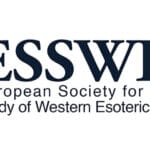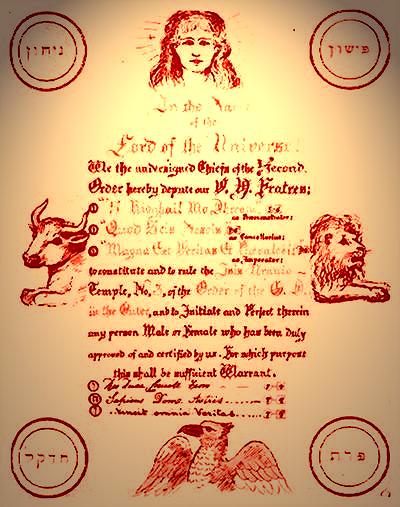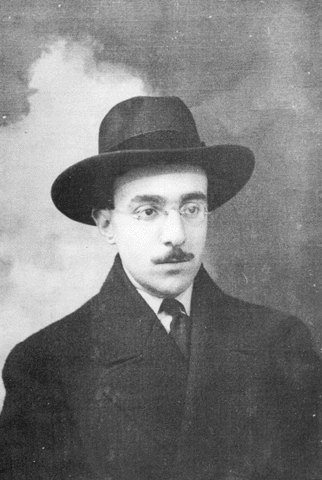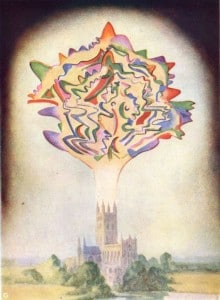
Home » Research » Current research projects » Research: Dr. Marco Pasi

This project focuses on the role played by the idea of magic in modern, post-Enlightenment Western culture. Few concepts have such a complex history as that of magic. Since its earliest use in classical Antiquity, it has often been used to designate ideas and/or behaviours perceived as dangerous, illicit, and exotic. During the Enlightenment, magic was equated with superstition, and it was understood that, with the forthcoming emancipation of humanity from the shadows of ignorance, it would soon disappear. The prediction, which was seen as self-evident throughout the 19th and the 20th centuries by generations of historians, anthropologists and sociologists, has been far from fulfilled. Magic has survived well into our contemporary, supposedly secular age and is still alive and well today. This research project aims at investigating the ways in which and the reasons why this “survival” has been made possible.

This project will focus on the influence of western esotericism in the work of the Portuguese poet Fernando Pessoa (1888-1935). Pessoa has been long recognised as one of the most significant figures in 20th century literature worldwide. However, and unlike other similar cases such as William Butler Yeats, his deep fascination for esoteric ideas remains largely unexplored territory. Little of scholarly value has been published on this subject, especially in languages other than Portuguese. This project aims at a careful study of Pessoa’s esoteric writings in view of a critical edition of the same and the production of a monograph on the subject. This project has already benefitted from a resident fellowship of six months at the Netherlands Institute for Advanced Studies (NIAS).

Enchanted Modernities: Theosophy, Modernism and the Arts, c. 1875-1960 This is a collaborative research project based on a group of scholars who are experts on esotericism and/or the visual arts, music, sound and literature, led by Sarh V. Turner (University of York). The research project will last three years (2013-2015) and is being funded by the Leverhulme Trust. The research carried out by the partners will examine where and how artists, writers and performers came into contact with Theosophy and other mystical practices, and how Theosophical ideas, especially those of key figures in the Society in this period, such as Helena Blavatsky and Annie Besant, were given material, visual and audible form and shape. Various events and publications related to the project are being planned, among which a large conference on the theosophical movement and the arts to be held in Amsterdam in September 2013.
As part of the University of Amsterdam, our research falls under the umbrella of the Amsterdam School of Historical Studies (ASH) at the Faculty of Humanities.
As part of the Religious Studies unit the HHP centre participates in the interdisciplinary research group on Religious Dynamics and Cultural Diversity.
The presence in Amsterdam of the famous Bibliotheca Philosophica Hermetica, situated in the Embassy of the Free Mind, and of the rich material of the Amsterdam University Library’s Special Collections (Bijzondere Collecties) provides important research facilities for our staff. The HHP’s strong emphasis on historical research of primary sources is greatly advanced by these libraries and collections.
The HHP centre is an intrinsic part of a larger international network that promotes, creates and distributes peer-reviewed academic research in the interdisciplinary field of Western esotericism.
The European Society for the Study of Western Esotericism (ESSWE) was founded in Amsterdam in 2005, the staff at the HHP centre continues to be deeply involved with the further development of this international learned society.
Our staff has also been instrumental in setting up and running the leading peer-reviewed journal devoted to Western esotericism, Aries, and the Aries Book Series – both published by Brill under the auspices of the ESSWE.
An overview of dissertations completed at the HHP centre.
Would you to like to get in contact with our researchers or get more information about research at the HHP Centre?
The Center for History of Hermetic Philosophy and Related Currents (HHP) is part of the Faculty of Humanities at the University of Amsterdam. We are committed to the highest standards of critical academic scholarship, independent of any worldview.
Visiting adress:
Bushuis / Oost-Indisch Huis
Kloveniersburgwal 48
1012 CX Amsterdam
The Netherlands
Postal adress:
Postbus 1622
1000BP Amsterdam
Email: hermetica-fgw@uva.nl
The Center for History of Hermetic Philosophy and Related Currents (HHP) is part of the Faculty of Humanities at the University of Amsterdam. We are committed to the highest standards of critical academic scholarship, independent of any worldview.
Visiting adress:
Bushuis / Oost-Indisch Huis
Kloveniersburgwal 48
1012 CX Amsterdam
The Netherlands
Postal adress:
Postbus 1622
1000BP Amsterdam
Email: hermetica-fgw@uva.nl
The Centre for History of Hermetic Philosophy and Related Currents (HHP) is part of the Faculty of Humanities at the University of Amsterdam. We are committed to the highest standards of critical academic scholarship, independent of any worldview.
Visiting adress:
Bushuis / Oost-Indisch Huis
Kloveniersburgwal 48
1012 CX Amsterdam
The Netherlands
Postal adress:
Postbus 1622
1000BP Amsterdam
Email: hermetica-fgw@uva.nl
© HHP 2022 – by Digital Marketing Agency MIAX